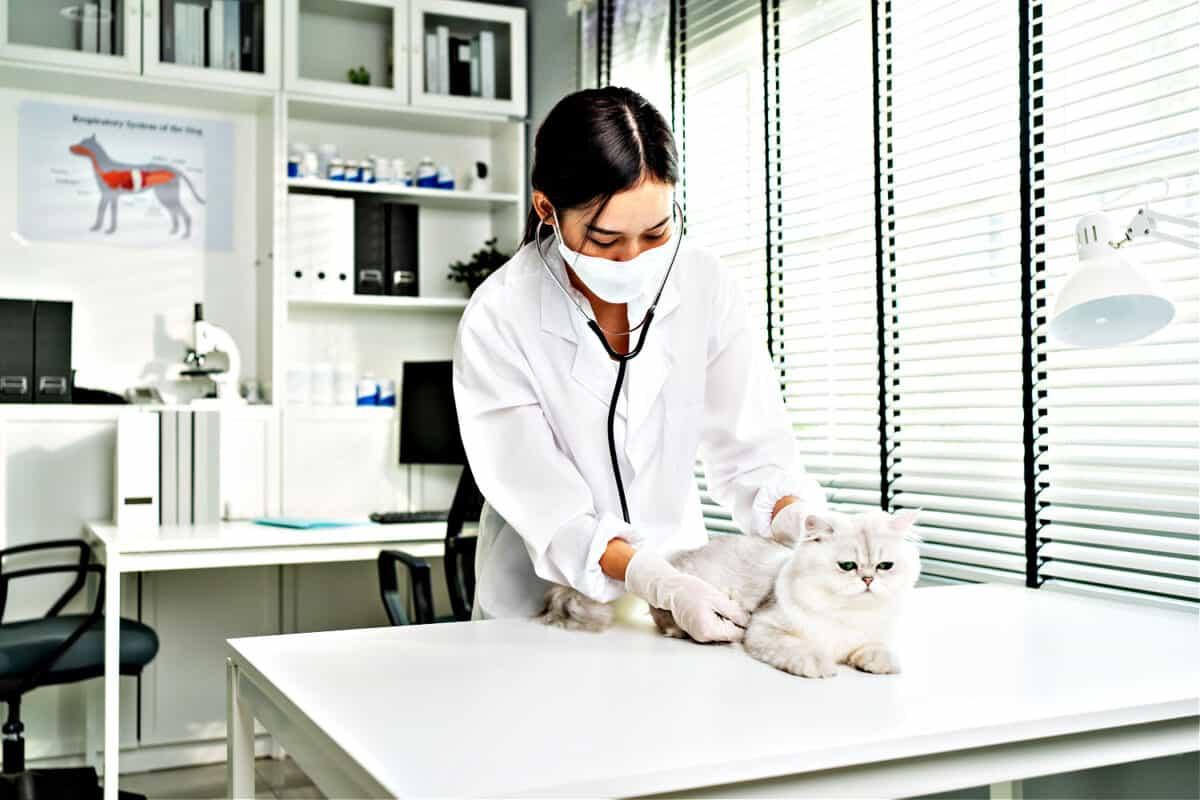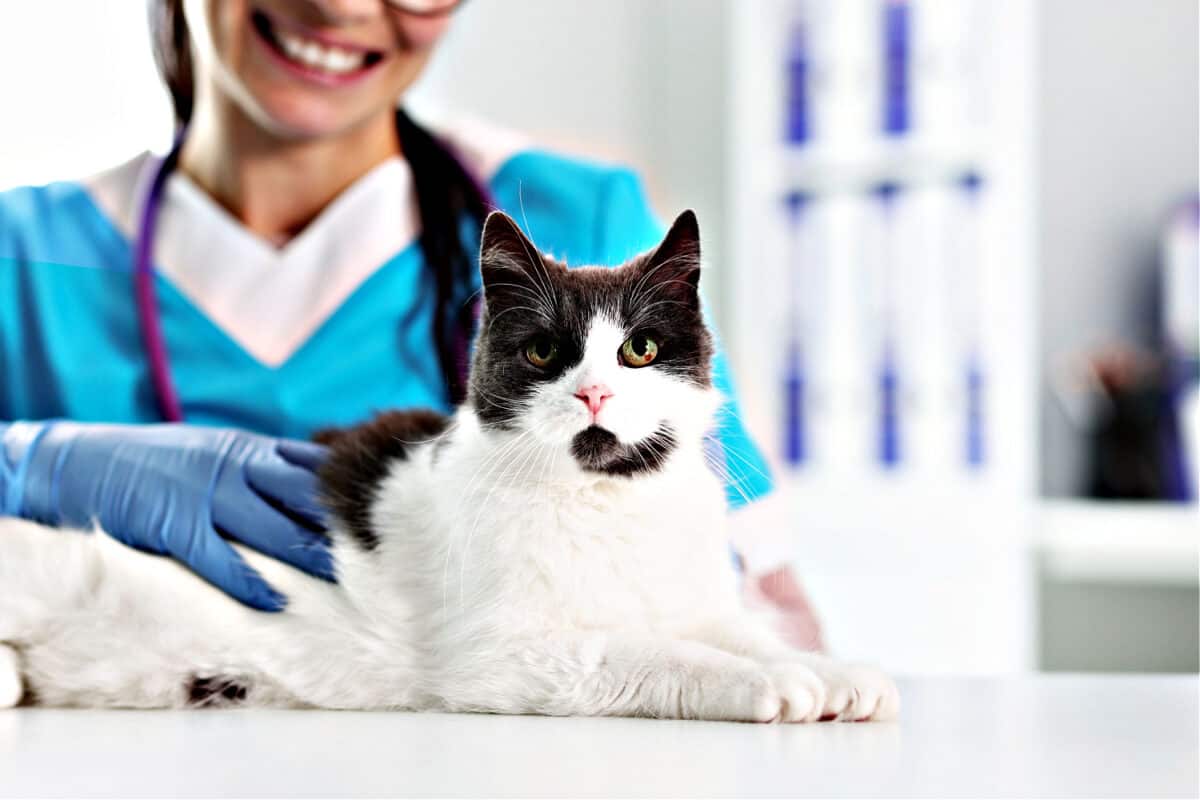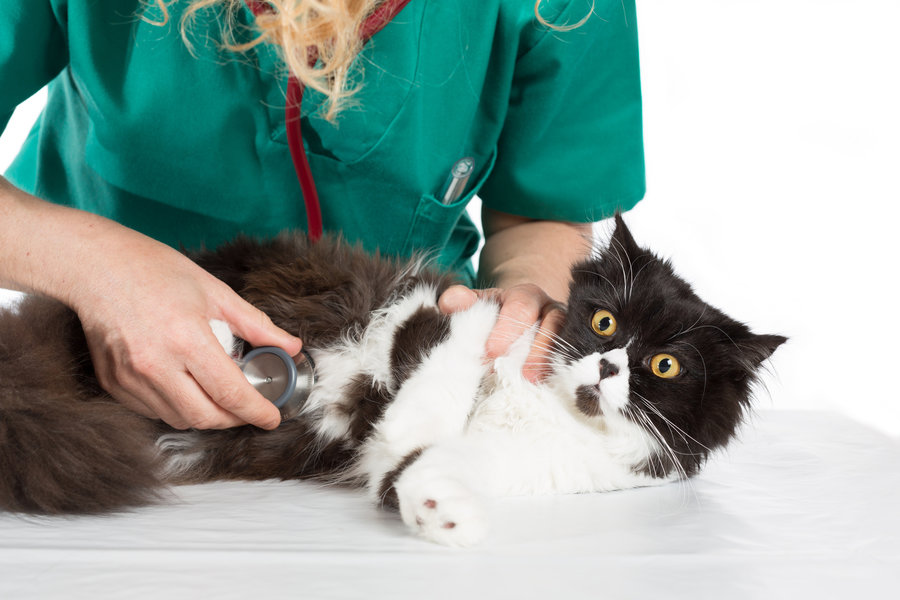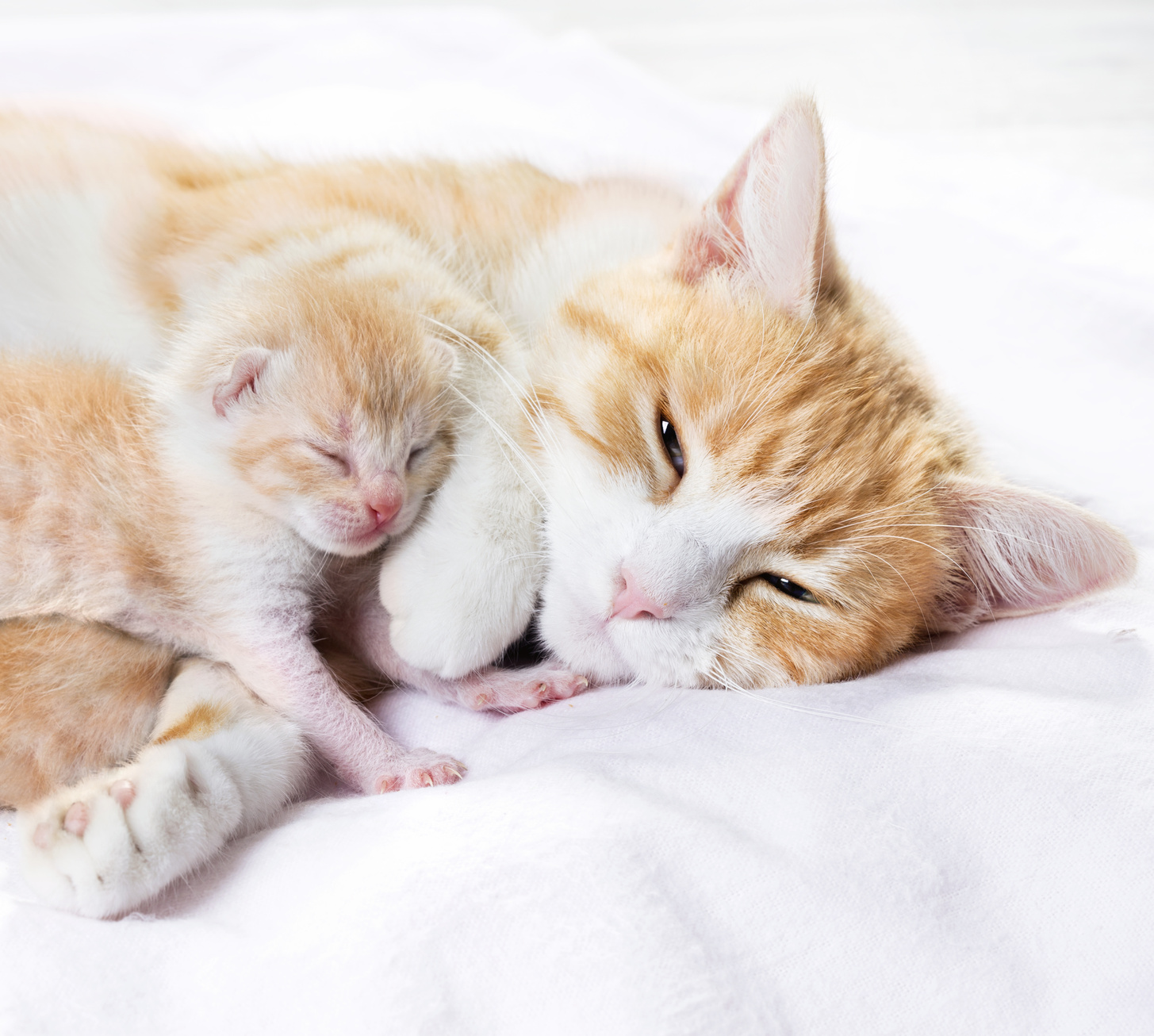FIV, or Feline Immunodeficiency Virus, sent shockwaves through the cat-loving community when it was discovered in 1986. Its similarities to HIV scared many and led to misunderstandings about the disease. What exactly is FIV in cats? How does it affect cats, and what risk factors should cat owners be aware of? Is it a risk to humans?
This article will explore these questions and give you a better understanding of FIV in cats, without overwhelming you with technical jargon. Read on to learn about this virus that affects our furry friends and how to protect and care for them.
A Startling Discovery: The Initial Response to FIV
When FIV, or Feline Immunodeficiency Virus, was unearthed in California back in 1986, it rocked the world of cat lovers. Its resemblance to HIV, the virus behind AIDS, stirred up panic and confusion.
In the fear and uncertainty that followed, many cats testing positive for FIV were tragically put to sleep or left abandoned in shelters.
This response, we now know, was unnecessary, but at the time, the unknown elements of this disease led to heart-wrenching decisions for many cat owners.
Understanding FIV: A Deeper Look at the Virus
What is FIV?
FIV, or Feline Immunodeficiency Virus, causes a specific disease in cats. The virus targets and damages the cat's immune system. This often leads to other infections that can turn deadly.
Similarities and Differences with FeLV
FIV shares some features with another virus, FeLV (Feline Leukemia Virus). Both attack the cat's immune system and can cause similar symptoms. But it's essential to recognize that these are different viruses. Infections of FeLV and FIV have no direct connection.
Is FIV Contagious to Humans?
People once feared that FIV might spread to humans. We now know that's not the case. FIV is not infectious to humans, just like HIV doesn't infect cats. The viruses are species-specific.
Living with FIV-Positive Cats
Many FIV-positive cats live comfortably with their human friends for years. The understanding of FIV has grown, allowing cat owners to care for their pets even if they have this virus.
The Current Perspective on FIV
FIV's discovery led to much confusion and fear. But over time, research has shown that FIV only affects cats and can be managed. With proper care and awareness, FIV-positive cats can enjoy a healthy and happy life with their human companions.

SIGN UP FOR THECATSITE'S EMAIL UPDATES >
FIV Risk Factors and Transmission in Cats
Understanding the risks and transmission methods of FIV (Feline Immunodeficiency Virus) is essential for cat owners. This knowledge helps in protecting cats and keeping them healthy. Here's an in-depth look at the factors that contribute to FIV in cats.
Prevalence of FIV in Domestic and Feral Cats
According to the Cornell Feline Health Center, between 1.5 to 3 percent of domestic cats in the US have FIV. Neutered feral cats in maintained colonies appear to have similar infection rates.
This indicates that FIV is a widespread issue, not limited to any specific group of cats.
Global Presence of FIV
FIV isn't confined to a particular region; it exists all over the world. The rates of infection are likely consistent across different countries and cat populations.
How is FIV Transmitted?
Mainly, FIV spreads through direct cat bites. It's a common occurrence in cats that engage in fights, resulting in piercing wounds.
Unaltered male cats, also known as toms, that roam freely are particularly at risk. These cats often fight for territory and mating rights, putting them in danger of contracting FIV.
Uncommon Modes of Infection
Close contact like sharing food and water bowls or a litter box isn't usually a way the disease spreads. But that doesn't mean it's entirely risk-free.
Living with FIV-Positive Cats
Some households have both FIV-positive and FIV-negative cats living together. These cats can lead long, happy lives without transmitting the virus.
However, owners must remain vigilant as biting can spread the infection from an FIV-positive cat to an FIV-negative one.
Managing the Risk of FIV
Understanding the risk factors and transmission modes of FIV empowers cat owners to take appropriate measures to protect their pets.
By recognizing how the virus spreads and following best practices, it's possible to minimize the risk and ensure a healthy environment for all cats in the household.

Treatment and Prevention of FIV in Cats
Living with an FIV-positive cat requires understanding and care. Though there's no cure for the Feline Immunodeficiency Virus itself, it's possible to manage the condition and lead a cat to a healthy life.
Here's how to care for an FIV-positive cat and ways to prevent the infection in the first place.
Dealing with an FIV Diagnosis
A diagnosis of FIV is not necessarily a catastrophe. Some FIV-positive cats lead healthy lives for years after the initial infection. While the virus does weaken the cat's defense against diseases, it doesn't completely destroy the immune system.
Keeping an FIV-Positive Cat Healthy
Household Arrangements
If possible, an FIV-positive cat should be the only cat in the household. Healthy cats can carry germs that don't affect them but might infect an FIV-positive cat.
Outdoor Restrictions
Keeping an FIV-positive cat indoors prevents exposure to diseases and risks associated with outdoor environments.
Focus on Nutrition
Providing the best possible nutrition is vital. Good food supports the cat's overall health and immune system.
Parasite Control
Keeping a cat free of both external and internal parasites helps in maintaining its health. Parasites can weaken a cat by taking away essential nutrients.
Avoid Uncooked Meat or Fish
Raw meat or fish might contain parasites and harmful germs. Avoid feeding these to an FIV-positive cat.
Create a Stress-free Environment
A stress-free environment, along with love and attention, contributes positively to an FIV-positive cat's well-being.
Prevention of FIV Infection
Avoid Cat Fights
Keeping a cat from getting into fights is the best way to prevent FIV infection. This involves neutering and maintaining an indoor lifestyle, which significantly lowers the risk of contracting FIV.
Living with and Preventing FIV
While FIV can be a daunting diagnosis, understanding the disease and following these guidelines can make managing it achievable.
By focusing on prevention for at-risk cats and proper care for those already infected, owners can provide loving and responsible homes for their FIV-positive pets.
Final Thoughts and Call to Action
Understanding FIV (Feline Immunodeficiency Virus) is vital for responsible cat owners. From its discovery in 1986 to our current understanding, we've learned that FIV is a species-specific virus that damages a cat's immune system but is not transmissible to humans.
The infection rate among domestic cats in the US stands at 1.5 to 3 percent, and it's a global issue with similar rates worldwide.
We've explored the risk factors associated with FIV, focusing on catfights and unaltered males that are allowed to roam freely.
We also covered the treatment and prevention methods for FIV-positive cats, highlighting that while there is no cure, many cats continue to lead healthy lives with proper care.
As a cat owner or lover, there's much you can do:
- Responsible Pet Ownership: If you own a cat, consider regular veterinary check-ups, and discuss FIV testing with your veterinarian. Neutering and keeping your cat indoors can significantly lower the risk of infection.
- Education and Awareness: Share this knowledge with fellow cat owners. Education can reduce the unnecessary abandonment or euthanization of FIV-positive cats.
- Support Relevant Organizations: Many organizations work tirelessly to research FIV, provide support for FIV-positive cats, and educate the public. Consider donating or volunteering to contribute to their essential work.
Remember, an FIV diagnosis is not a death sentence for a cat. With proper care, understanding, and love, FIV-positive cats can enjoy long and happy lives.
By embracing responsible pet ownership and supporting the community, we can make a positive difference in the lives of cats and their human companions.
SIGN UP FOR THECATSITE'S EMAIL UPDATES >
You might also want to read:
Introduction To Feline Diabetes
Comments? Leave them using the form below. Questions? Please use the cat forums for those!
Note: We may get commissions for purchases made through links on this page.




4 comments on “FIV In Cats – What Every Cat Owner Needs to Know”